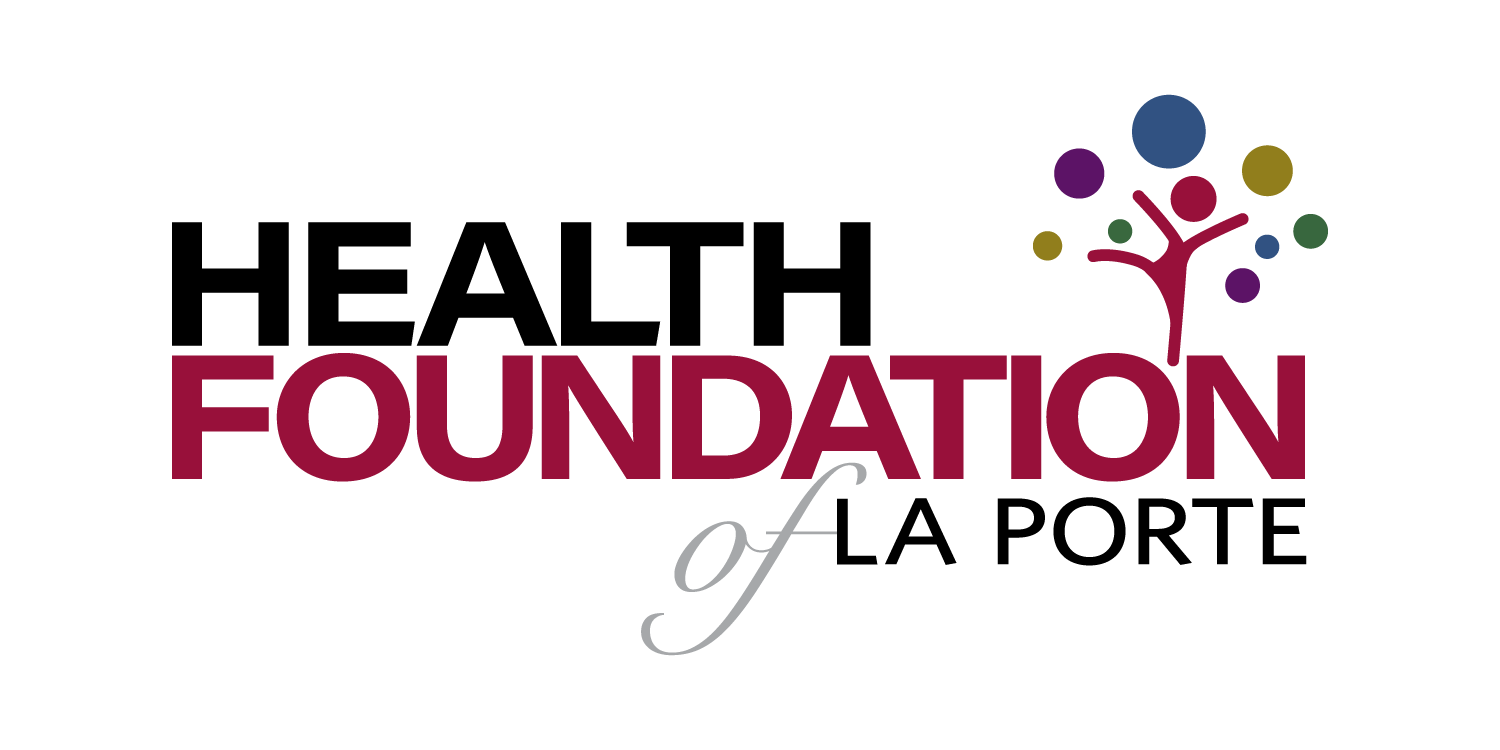Promising Practices
The Promising Practices database informs professionals and community members about documented approaches to improving community health and quality of life.
The ultimate goal is to support the systematic adoption, implementation, and evaluation of successful programs, practices, and policy changes. The database provides carefully reviewed, documented, and ranked practices that range from good ideas to evidence-based practices.
Learn more about the ranking methodology.
Educating and Delivering Financial Services to Low-Income, Underserved Residents and Businesses (Cuyahoga County, OH)
Filed under Good Idea, Economy / Investment & Personal Finance, Families
Goal: The goal is to offer members of poor and underserved communities ownership in an established financial cooperative. By purchasing shares in the Faith Community United Credit Union (FCUCU), individuals gain access to services and learn the difference between using what belongs to someone else and owning their own institution.
Goal: In this particular instance, the goal of the Undoing Racism Workshops was to enhance the capacity of the Michigan Department of Community Health's Bureau of Family, Maternal & Child Health to reduce racial disparities in infant mortality.
Impact: The Undoing Racism workshop helped to increase competency in the following topics:
-Racial prejudice and racism
-Racial privilege and power
-Institutional, cultural, and internalized racism
-Instiutional norms and practices
-Racial health disparities
-Social determinants of racial health disparities
Filed under Good Idea, Health / Children's Health, Adults, Women, Men, Older Adults, Families
Goal: Every Baby to 1 works to ensure every infant survives and thrives during their first year of life. Every Baby to 1 engages the faith community to develop education efforts and initiatives that address infant mortality. As a part of this, Every Baby to 1 promotes the "3 S" approach of Safe Sleep, Safe Space, and Social Support to reduce the risk of Sudden Unexpected Infant Death (SUID).
Filed under Good Idea, Economy / Food Insecurity, Children, Teens, Adults, Women, Men, Older Adults, Families, Racial/Ethnic Minorities, Rural
Goal: The objectives of the FNHE program are to reduce incidents of chronic disease and improve nutrient intake and general quality of life by:
• Access to food that meets nutritional needs
• Preparing and serving meals that are nutritious
• Managing food-related resources, including WIC and SNAP
• Access to benefits available through other community agencies and services
• Increased knowledge about physical activity
Filed under Effective Practice, Environmental Health / Toxins & Contaminants
Goal: The goal of this program was to reduce energy and water consumption, improve efficiency, and save money.
Filed under Effective Practice, Environmental Health / Energy & Sustainability, Urban
Goal: Besides attempting to prevent rolling blackouts, the City of San Jose wanted to participate in the water conservation program to reduce the amount of treated wastewater that is released into San Francisco Bay.
Specific goals included:
-Continue to support SCVWD's mission of water supply and management in spite of external power interruptions,
- Provide 24-hour battery backup for SCADA instrumentation and communications,
-Provide indefinite power backup via backup generators for critical source pumping, water treatment and emergency operations, and
- Reduce HVAC and lighting use to prudent levels.
Filed under Evidence-Based Practice, Community / Governance, Children, Urban
Goal: To advocate for children and help them resolve their most pressing legal problem: being in the custody of the state when they need to be in the custody of a family - biological or adoptive - within the 12 months provided by law.
Impact: Children represented by the Foster's Children Project were more likely to exit the foster system to permanency due to higher rates of adoption and long-term custody, but not reunification, than their peers not represented by FCP.
Filed under Good Idea, Health / Diabetes, Adults, Families
Goal: The goal of this program is to combat high obesity rates, pre-diabetes, and diabetes by providing fresh, healthy food to those most in need.
Impact: The Fresh Food Farmacy has positively impacted the lives of nearly 600 individuals. Patients are seeing significant HBA1C improvements, are better able to manage their diabetes with fewer complications, and several participants have been able to reduce or even eliminate their diabetes medications.
Filed under Good Idea, Health / Immunizations & Infectious Diseases, Children
Goal: The overall objective of the program is to reduce student absence due to communicable illness.
Filed under Evidence-Based Practice, Health / Women's Health, Children, Teens, Women
Goal: The goal of Girls' Circles is to enhance girls' abilities so they are able to take full advantage of their talents, academic interests, career pursuits, and potential for healthy relationships.
Impact: The program has shown statistically significant improvements for girls in Girls Circle programs with the following outcomes: increases in self-efficacy, attachment to school, positive body image, and social support, and decreases in self-harming behavior and alcohol use rates.

